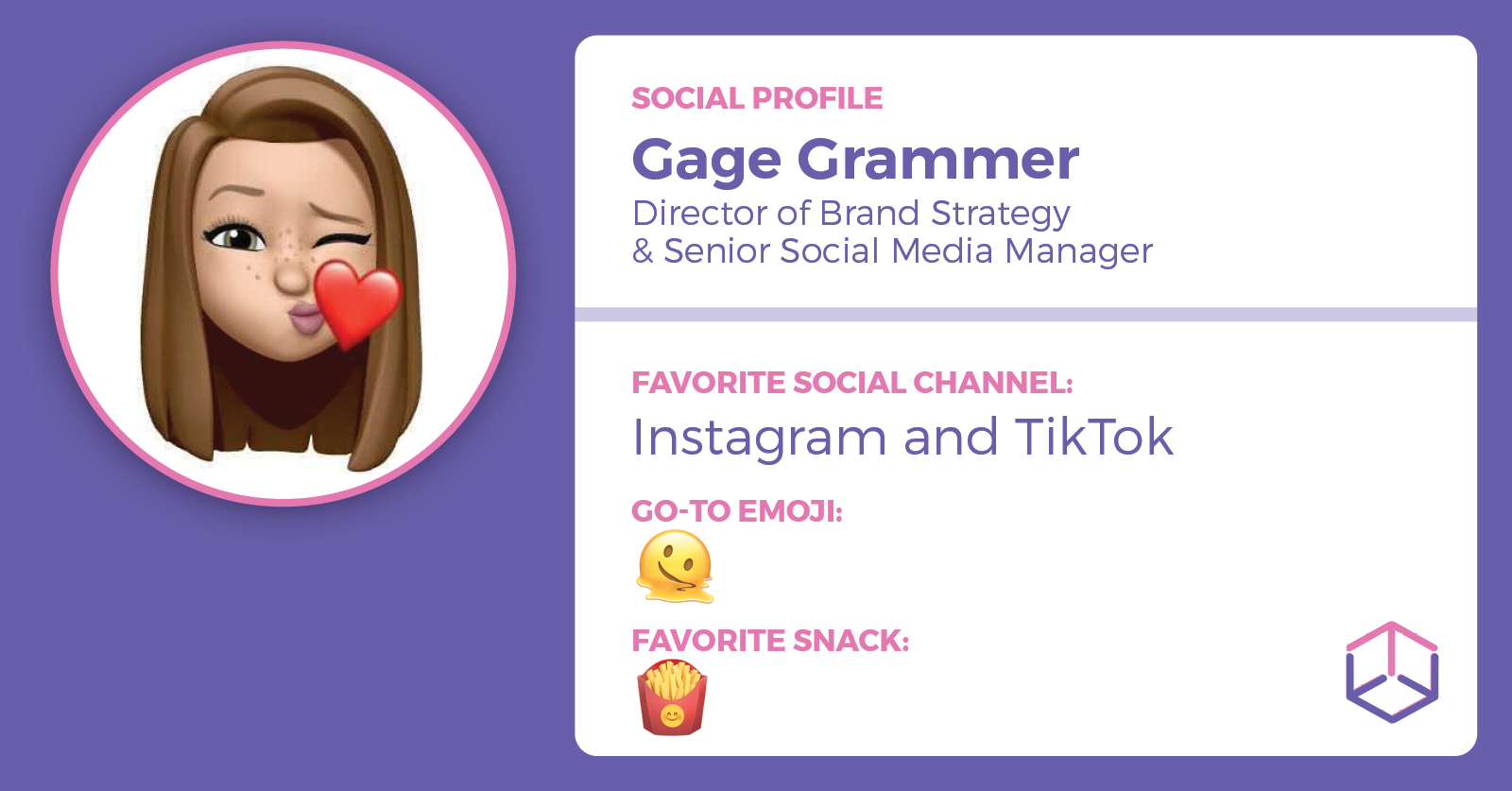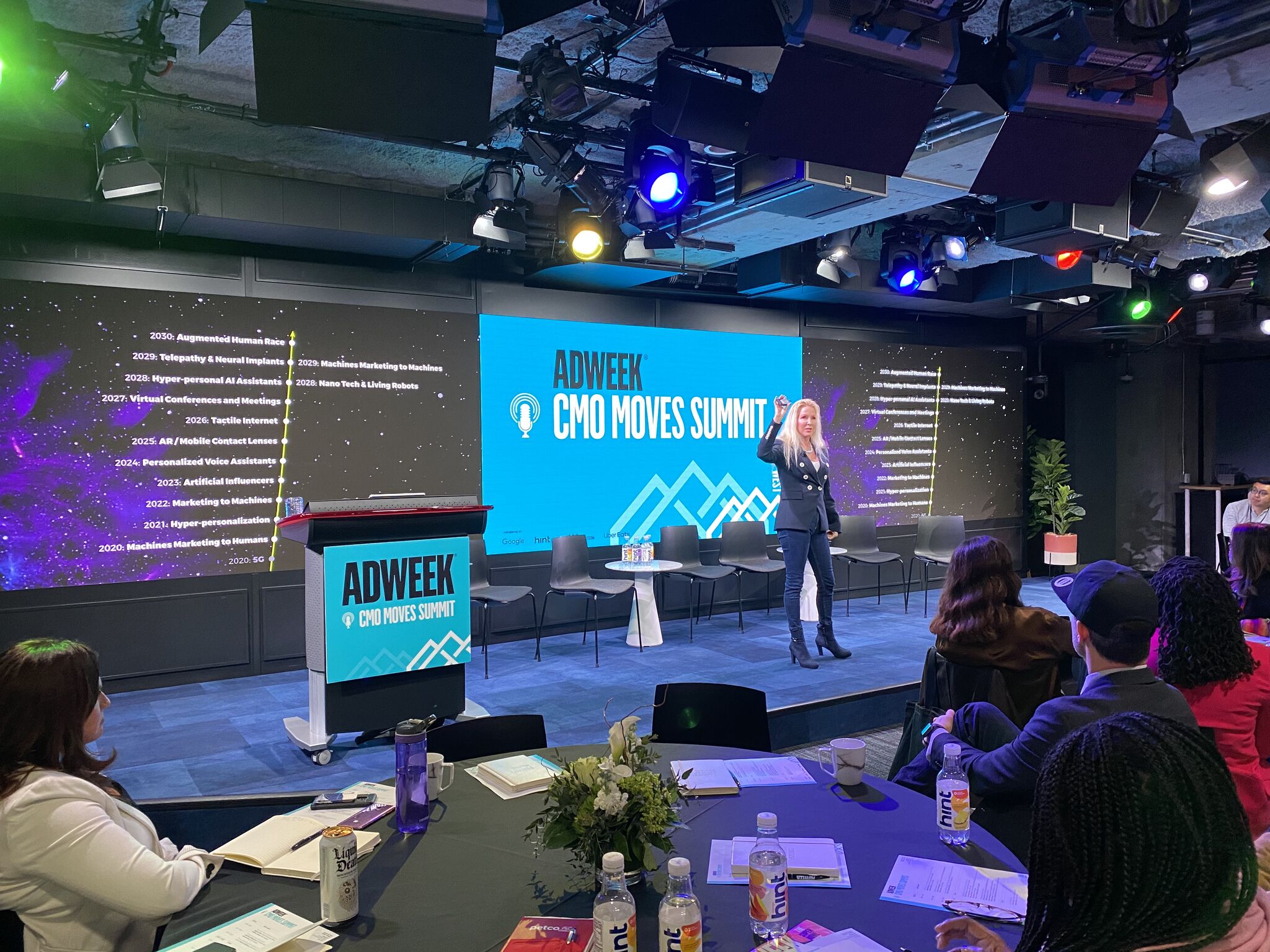Suppose you’ve been engaged with me these past few years. In that case, you know that technology and the future of work is a subject to which I have devoted a portion of my academic research, and Employee Appreciation Day seemed an opportune moment for me to reflect on the evolving dynamics between employers and employees, particularly against the backdrop of the future of work. The traditional relationship between employer and employee is transforming, influenced by technological advancements, shifting societal values, and the global pandemic’s long-lasting impacts.
Historically, the employer-employee relationship was largely transactional — a straightforward exchange of time and skills for compensation. However, as we delve deeper into the 21st century, this dynamic shifts towards a more holistic, empathetic, and flexible approach. This transformation is not just a trend, but a response to the changing expectations of the workforce and the evolving needs of the global market. The future of work is marked by several key trends, including remote and hybrid work models, a greater focus on work-life balance, and the rise of the gig economy. These trends are reshaping the workplace landscape, making it imperative for employers to adapt and rethink their approach to employee appreciation and engagement.
Employee Appreciation Day reminds us of recognizing and valuing our teams. Appreciation goes beyond mere acknowledgment; it’s about creating an environment where individuals feel genuinely valued, understood, and empowered. In the context of the future of work, employee appreciation is becoming an integral part of organizational culture, directly impacting retention, productivity, and overall job satisfaction. Employers must go beyond traditional reward systems in a world where employees increasingly seek purpose and fulfillment. The future demands a more nuanced approach that addresses the emotional, intellectual, and professional needs of the workforce.
As a social media marketing agency CEO, I’ve observed the power of storytelling in creating connections—not just between brands and consumers, but within the very fabric of our workplaces. In the context of employee appreciation, storytelling can be a powerful tool for employers to bridge the gap between organizational goals and individual aspirations. Sharing stories of challenges overcome, successes achieved, and lessons learned can foster a sense of community and shared purpose within the workplace. Employers can make their team members feel seen, heard, and valued by highlighting individual contributions and their impact on the broader organizational mission.
The future of work calls for leaders who are not just visionaries but empathetic and approachable. The traditional top-down leadership model gives way to a more collaborative and inclusive approach. As leaders, embracing vulnerability, admitting mistakes, and sharing personal experiences can cultivate a culture of trust and mutual respect. Employee Appreciation Day is an excellent opportunity for leaders to lead by example. Genuine gestures of appreciation, personalized acknowledgments, and public recognition of efforts can go a long way in building a positive and motivating workplace environment.
The future of work is not just about where we work but how we work. The global pandemic has underscored the importance of work-life balance and the need for flexible work arrangements. Employers who recognize and support their employees’ life outside work are more likely to foster a loyal and engaged workforce. Flexible schedules, remote work options, and mental health days are becoming standard offerings rather than perks. Employee appreciation in this new era means respecting individuals’ time, personal commitments, and well-being.
The rapid pace of technological advancements and the constant shifts in market demands necessitate a culture of continuous learning and development. Employers who invest in their employees’ growth enhance their skill sets and demonstrate a commitment to their professional and personal development. Offering opportunities for upskilling, reskilling, and cross-training can be a significant form of employee appreciation. By supporting their career progression, employers can show that they value their employees not just for what they can offer today but for their potential in the future.
Creating an inclusive environment where everyone feels they belong is crucial in a diverse and global workforce. Employee appreciation transcends cultural, geographical, and generational boundaries. Celebrating diverse backgrounds, perspectives, and experiences can enrich the workplace and foster innovation. Inclusion goes beyond mere representation; it ensures that every voice is heard and valued. Employers can demonstrate their commitment to inclusion by implementing equitable policies, encouraging diverse teams, and combating bias and discrimination.
As we celebrate Employee Appreciation Day, let’s take a moment to reflect on the profound changes shaping the future of work. The evolving employer-employee relationship presents both challenges and opportunities. By embracing these changes and adopting a more holistic, flexible, and empathetic approach, employers can create a workplace where everyone feels appreciated, valued, and empowered.
The future of work is not a distant concept; it’s unfolding here and now. As leaders, we can shape this future to create an environment that reflects our shared values and aspirations. Let’s use Employee Appreciation Day to build a more inclusive, supportive, and dynamic workplace. In the spirit of appreciation, I extend my heartfelt gratitude to all the hardworking individuals who continue to inspire, challenge, and drive us forward. Together, we can navigate the evolving work landscape and create a future we all look forward to.
Originally shared on Tamara McCleary’s LinkedIn: https://www.linkedin.com/pulse/from-acknowledgment-empowerment-employee-appreciation-tamara-mccleary-iy92e



